Last updated on October 2nd, 2022 at 03:02 am
If the Garden of Eden was to be located today, where would it be? No one is sure of its whereabouts. This blog post will explore different theories about the site and offer our opinions. Stay tuned to find out where we believe humans can find paradise.
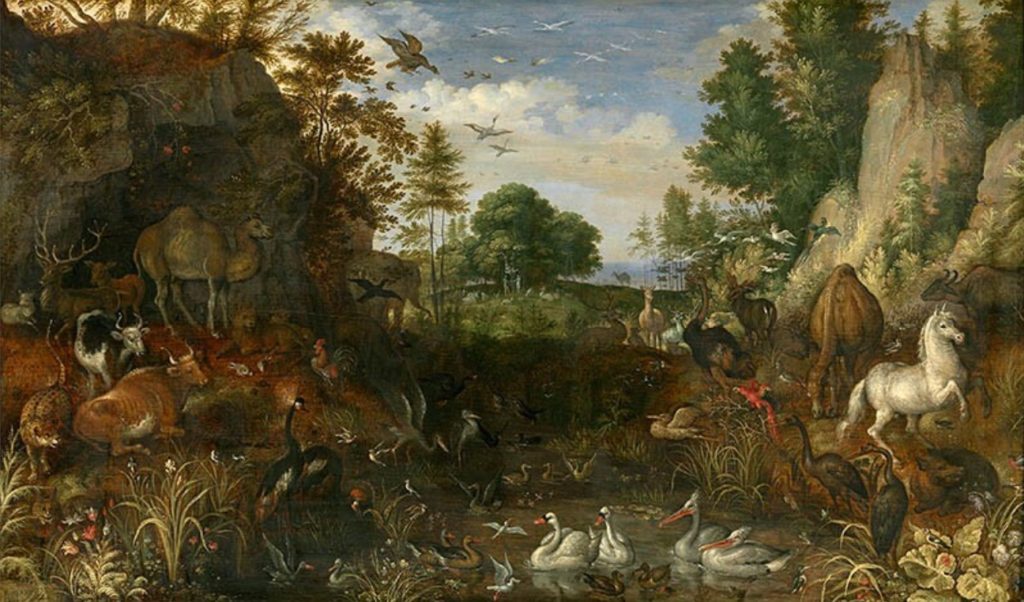
What Is The Garden Of Eden?
For those of you who aren’t religious or unfamiliar with Adam and Eve’s story, the Garden of Eden was the first home of humans, according to Genesis 2 in the Bible. It is said to be a paradise where everything is perfect. There was no disease, no death, and no hunger.
Unfortunately, Adam and Eve were banned from the Garden after they disobeyed God’s orders not to eat from the Tree of Knowledge of Good and Evil. Since then, humans have been living in a fallen state, subject to all the world’s ills.
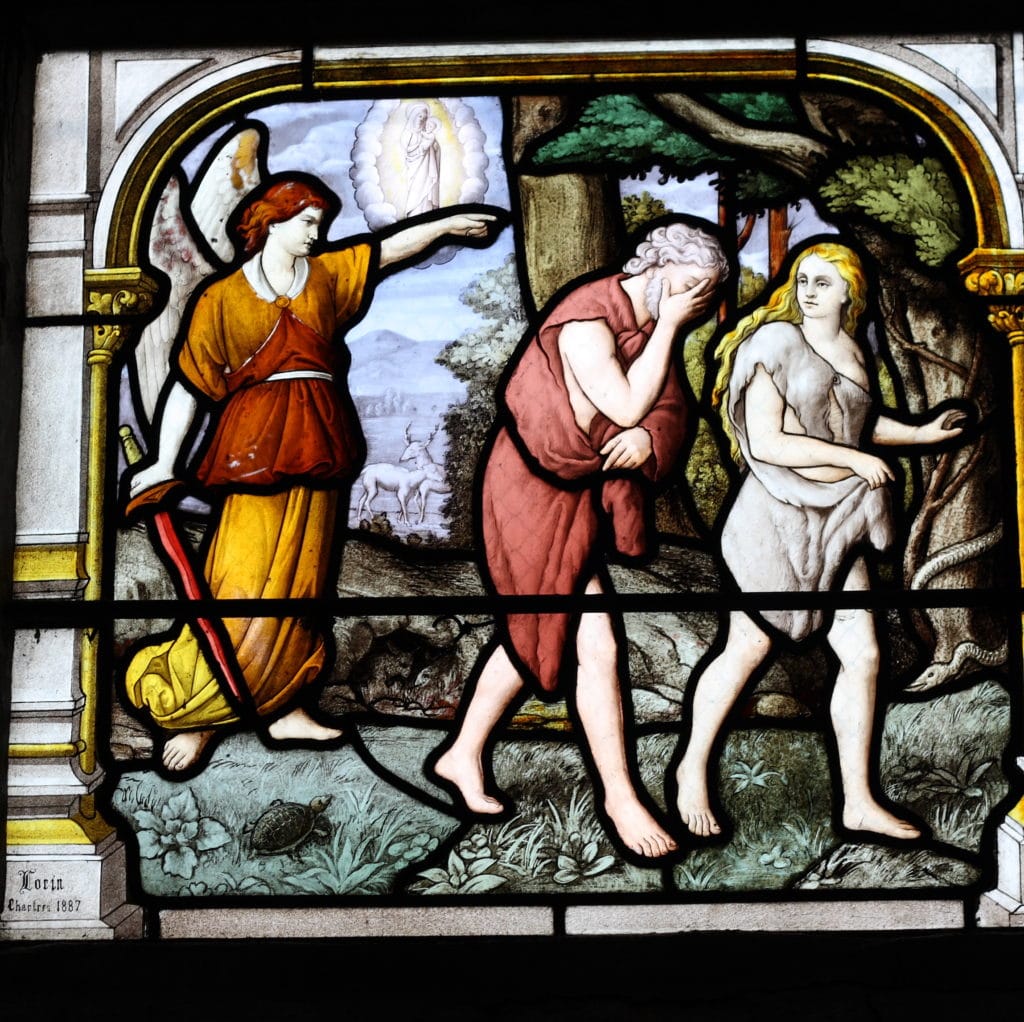
So, where is this mythical Garden located? But first, let’s look at some of the theories.
Evidence of the Garden of Eden In the Bible
It’s no secret that man has been searching for the Garden of Eden ever since he was banished from it. Its discovery would verify the story of creation and provide a convincing testimony that the events in the Bible occurred. Fortunately, many people believe it’s still somewhere, waiting to be found.
However, the Bible does offer some clues as to its whereabouts. In Genesis, it says that the Garden is in the east. Furthermore, four rivers flowed out of the Garden, two of which have been identified as the Tigris and Euphrates.
This has led some people to believe that the Garden is in the region that is now Iraq. After all, the modern-day Tigris and Euphrates flow through Iraq, situated in the east.
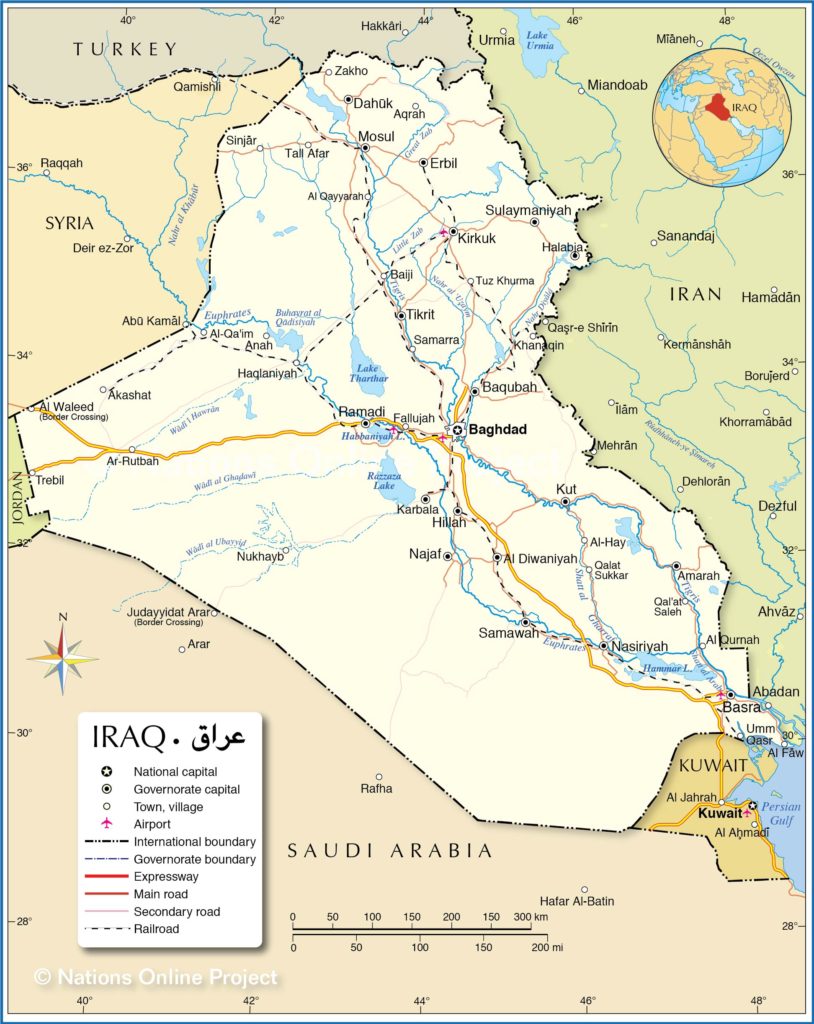
The problem with this theory is that the rivers have changed course over time, and the geographic markers referenced in the Bible are non-existent. Hence, it’s possible that they didn’t even flow through any part of Iraq when the Garden is said to have existed.
Plus, if the Garden was in Iraq, why haven’t we found it yet? Indeed, with all the archaeological digs in the area, someone would have stumbled upon it.
However, it’s unlikely that the geography of Creation still exists today after the Flood. As the Bible states, the Flood wiped the Earth clean, so it’s safe to assume that a geologic event of that magnitude would reshape the planet’s surface.
This doesn’t mean that the Garden couldn’t have been in Iraq at one time; it just means that it’s not there now, nor could we see evidence of it since it was undoubtedly buried under miles of sediment.
The likelihood that geologists could see any evidence of Eden, even if it still existed around Moses’ time (1,500 years after the Flood), it’s impossible to find that evidence now. Many experts can only guess Eden’s location could be in modern Armenia or Iraq.
If a flood of biblical proportions swept through the Earth, Eden would most likely be pushed down towards the mantle if it weren’t immediately wiped away by the waters.
This would cause it to exist somewhere in the subduction zone on the northeast side of the Arabian plate. Unfortunately, the subduction zone is hidden under three miles of mud and sediment deposited by a massive geologic event.
Is The Garden Of Eden In Africa?
Others believe the Garden of Eden is in Africa. It is the birthplace of humanity. If you look at a world map, Africa is situated in the east. There is a scientific approach to this theory.
Scientists have discovered that all humans share a common ancestry with people who lived in Africa between 150,000 and 200,000 years ago.
According to their research, Botswana is the most likely location of the Garden and where humans originated. Eden sat in the Kalahari Desert, which used to be a wetland where the early humans lived. During this time, Lake Makgadikgadi stretched from Namibia, Botswana, and Zimbabwe.
The lake started to break up, creating wetlands and humans lived here until climate conditions forced them to populate other parts of the climate. In the past, scientists believed that humans developed in areas all over the continent.
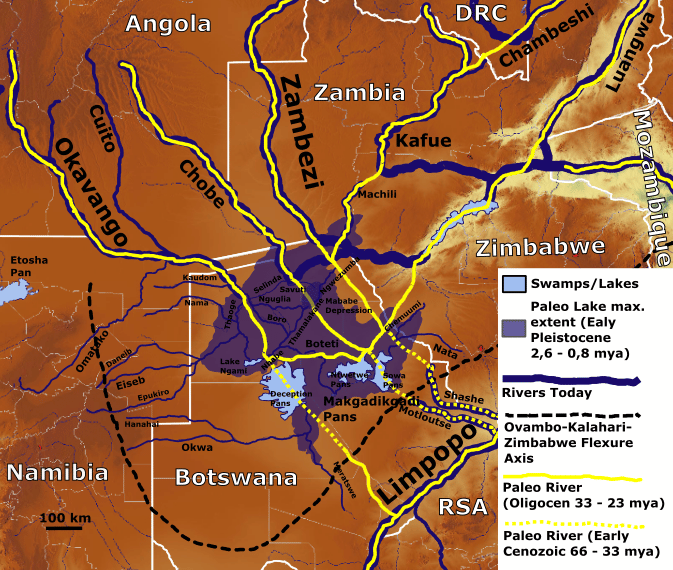
Scientists analyzed DNA from people in Namibia and South Africa to prove their theories, focusing their efforts on the L0 lineage. This lineage is the earliest known marker of the human population.
All DNA isn’t the same, so researchers couldn’t focus on nuclear DNA as it comes from both parents; they had to narrow their focus to mitochondrial DNA.
Mitochondrial DNA comes from the mother and doesn’t undergo recombination, meaning that it stays the same throughout many generations. So, this is the best DNA for scientists to use when determining maternal ancestry.
Professor Vanessa Hayes of Sydney University performed this study with her colleagues and was finally able to determine the exact location of our early ancestors.
She also mentions that there seems to be a migration of sorts where the population split off into three groups. One group traveled in a northeast direction, a second group traveled in a southwest direction, and the third group remained in the homeland until today.
Will We Ever Know The Garden of Eden’s Exact Location?
Groundbreaking research has given scientists a better understanding of the Garden of Eden and where we can find it. There are many theories about the location of the Garden of Eden; it’s safe to say that Africa is the most likely place. Maybe one day we’ll find it.
While some aspire to believe the evidence presented by science, others believe God can only know the location of the Garden of Eden.
The Bible tells us that after Adam and Eve sinned, God banished them from Eden, and he placed cherubim with a flaming sword east of it to prevent them from ever going back. So, even if we could find the Garden today, we may never be able to enter it.
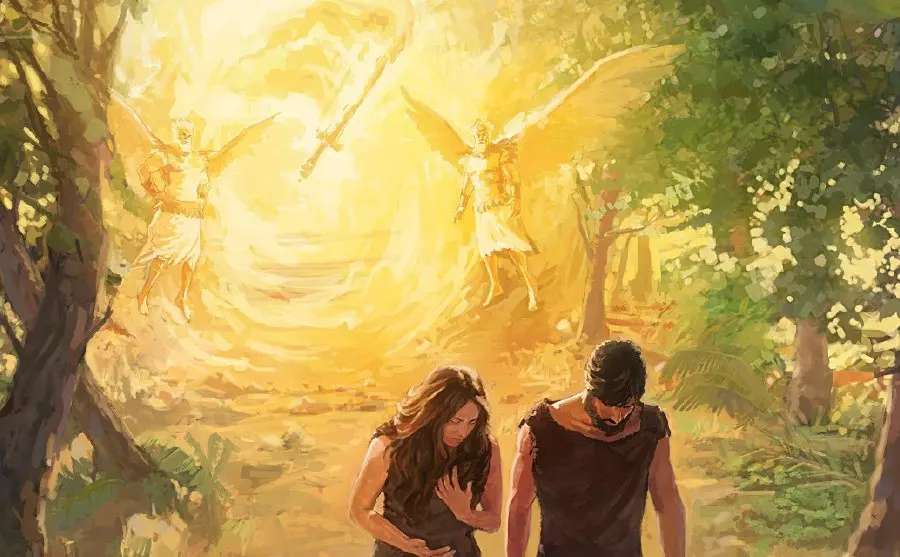
The Garden of Eden is a mystery that we may never solve. But, it’s a story passed down for generations and will continue for many years.

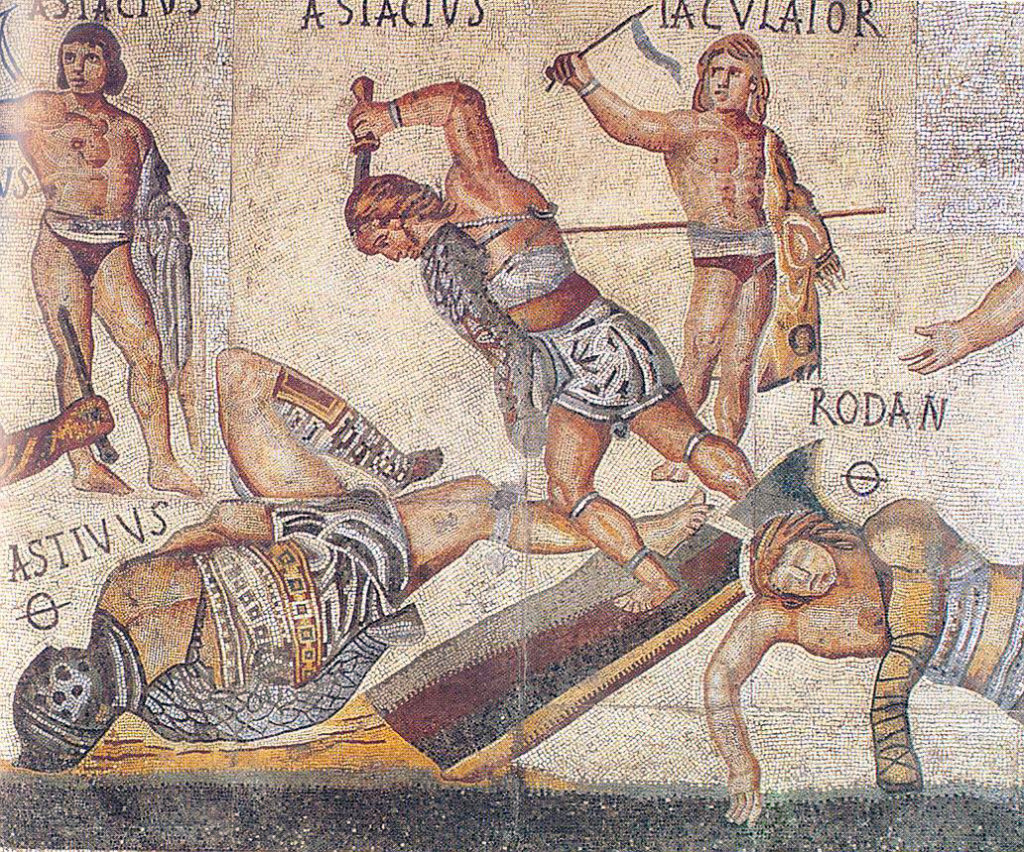
This is really a good read. I enjoyed myself.
It would more likely be located in Africa
If you are an history site, not a religion site, you should not only consider Christianity or Judaism. Creation story and garden are common references in many religions and unlike common understanding, they all are related so can contain different hints for common phenomemons.
It makes sense that the original location of the rivers would have been altered by the great flood that occurred during Noah’s lifetime. According to the Bible only those who survived on the Ark would have known the original locations of the rivers so they most likely would have passed their approximate locations down to their descendants. That could be the reason why certain rivers after the flood were called by the same names. I find the Bible to be credible because the Old Testament contains accurate predictions, by several authors who lived hundreds of years apart, of Jesus Christ who wouldn’t be born until thousands of years later. The New Testament, which was written by various authors, retains a constant theme and explains the fulfillment of those predictions. It also makes more predictions of future events. Only supernatural intelligence can know numerous details that have yet to occur in the future. Jesus Christ is the only man who impacted history enough for time to be measured before and after his physical existence on Earth. Various religions may have similar accounts of the Garden but only an author with infinite knowledge can predict future events with accurate details.